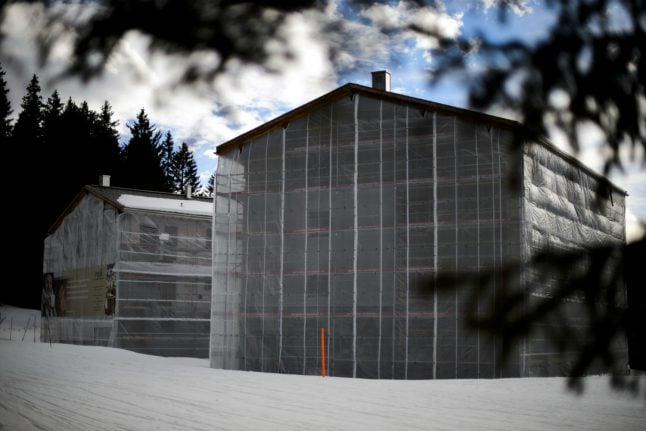The national vacancy rate increased slightly in 2019, which is likely to come at a surprise to the many hopeful residents of Switzerland’s largest cities who have been unable to find a flat.
The national rate increased from 1.62 in 2018 to 1.66 in 2019, although this was primarily driven by higher vacancy rates in smaller cities and towns.
EXPLAINED: What is Switzerland’s referendum on affordable housing all about?
READ MORE: Eight things you need to know before renting in Switzerland
The figures, produced by real estate company CSL and published in Swiss daily 20 Minutes, highlight a widening gap between Switzerland’s largest cities and the rest of the country when it comes to occupancy rates.
Major centres have a vacancy rate well below that of the national average. Zurich and Geneva have a vacancy rate of 0.9 percent and 0.6 percent respectively, while in Lausanne vacant apartments are also rare (0.7 percent).
On the other hand, vacancy rates in Zofingen (4 percent) and Solothurn (3.2 percent) are much higher.
The study forecasts the gap in occupancy rates to grow in the coming years.
The authors of the study also warn that without greater intervention in the market rents and property prices were set to continue to rise in larger cities.
Switzerland is set to go to the polls on Sunday to vote on implementing new measures to make housing more affordable, including requiring 10 percent of new housing stock to be built on a non-profit basis.
p.p1 {margin: 0.0px 0.0px 0.0px 0.0px; font: 12.0px Helvetica}
p.p2 {margin: 0.0px 0.0px 0.0px 0.0px; font: 12.0px Helvetica; min-height: 14.0px}
p.p3 {margin: 0.0px 0.0px 0.0px 0.0px; line-height: 14.0px; font: 12.0px Times; color: #0000e9; -webkit-text-stroke: #0000e9}
p.p4 {margin: 0.0px 0.0px 0.0px 0.0px; line-height: 14.0px; font: 12.0px Times; color: #0000e9; -webkit-text-stroke: #0000e9; min-height: 14.0px}
p.p5 {margin: 0.0px 0.0px 0.0px 0.0px; font: 12.0px Helvetica; -webkit-text-stroke: #0000e9}
p.p6 {margin: 0.0px 0.0px 0.0px 0.0px; font: 12.0px Helvetica; -webkit-text-stroke: #0000e9; min-height: 14.0px}
span.s1 {text-decoration: underline ; font-kerning: none}



 Please whitelist us to continue reading.
Please whitelist us to continue reading.
Member comments